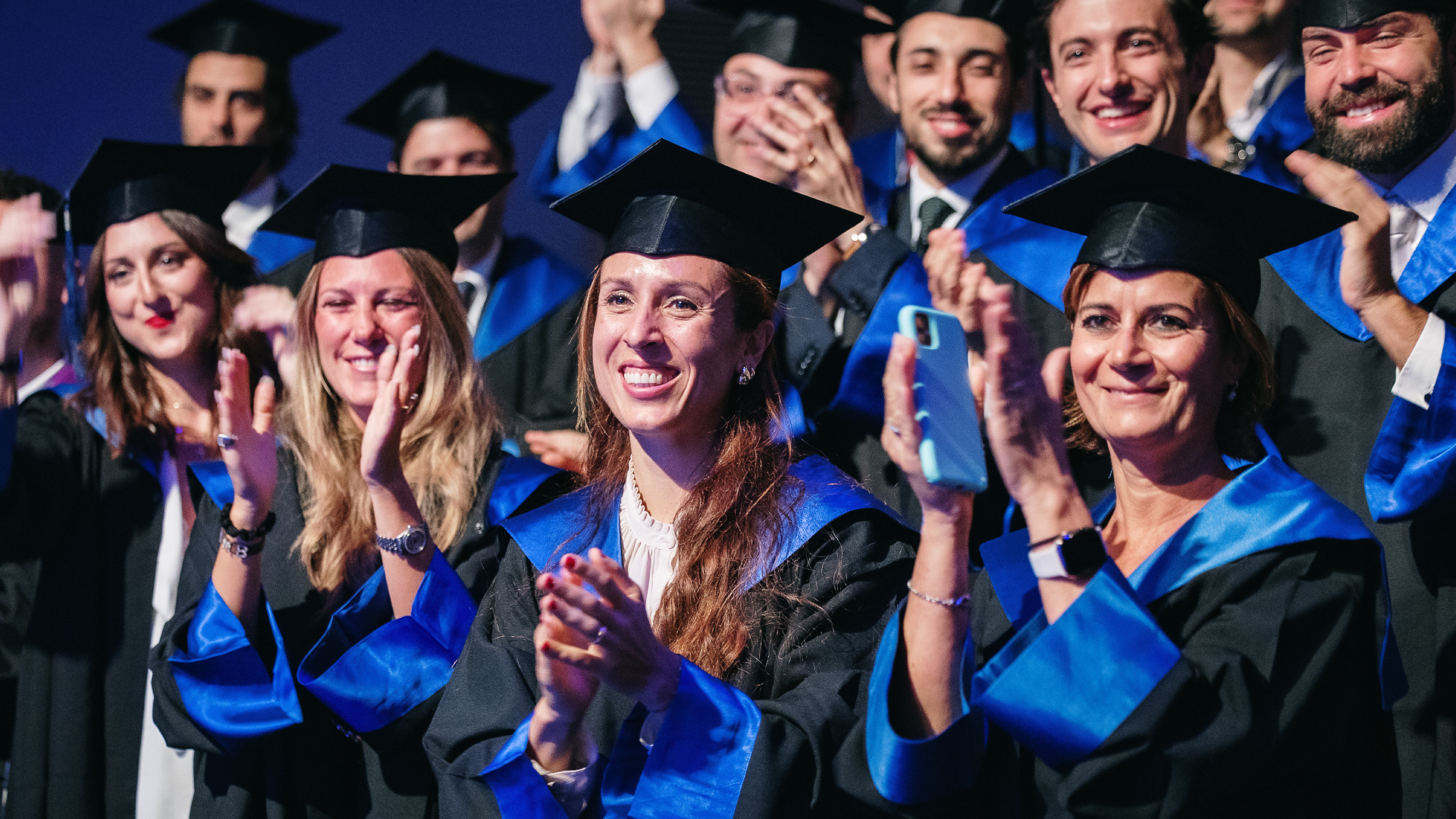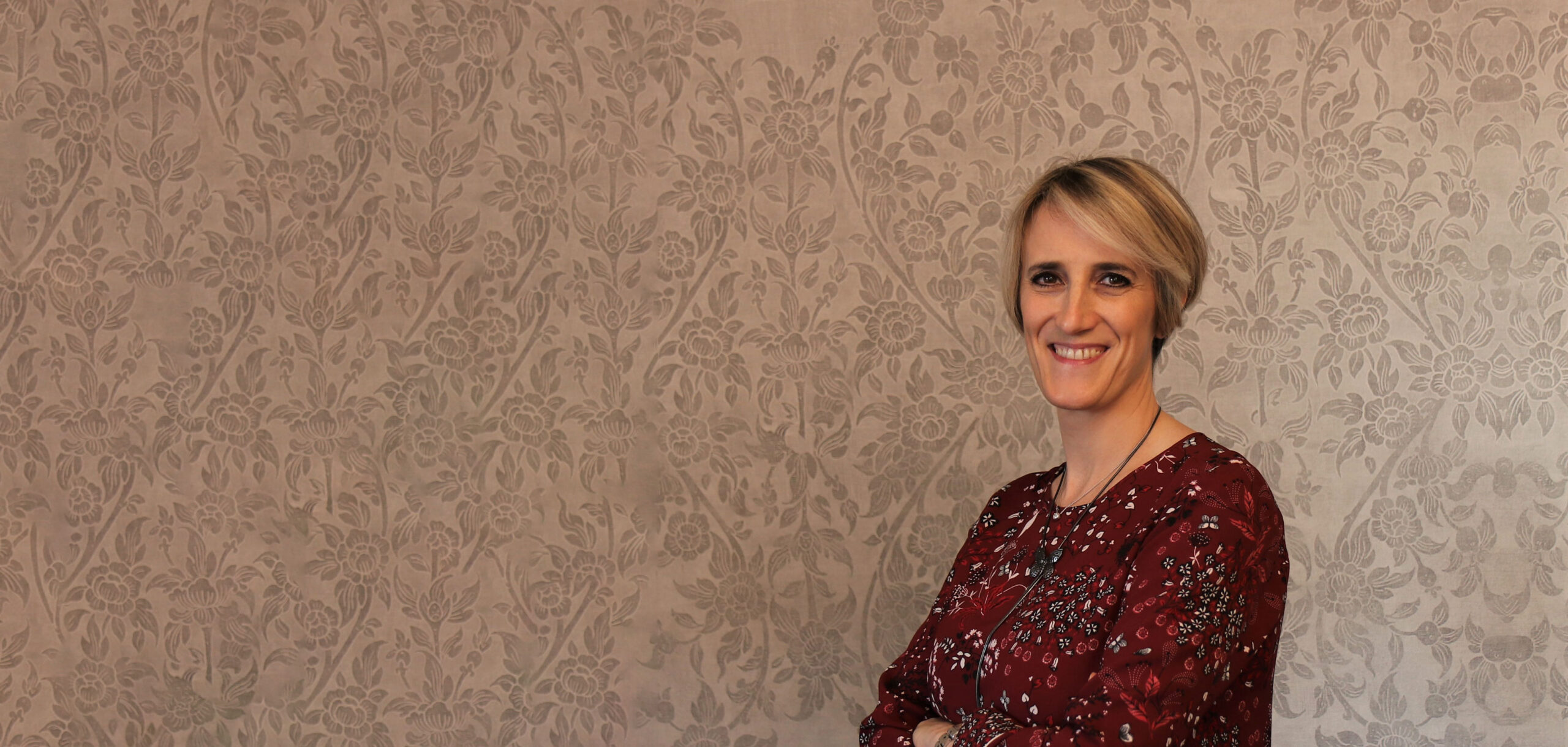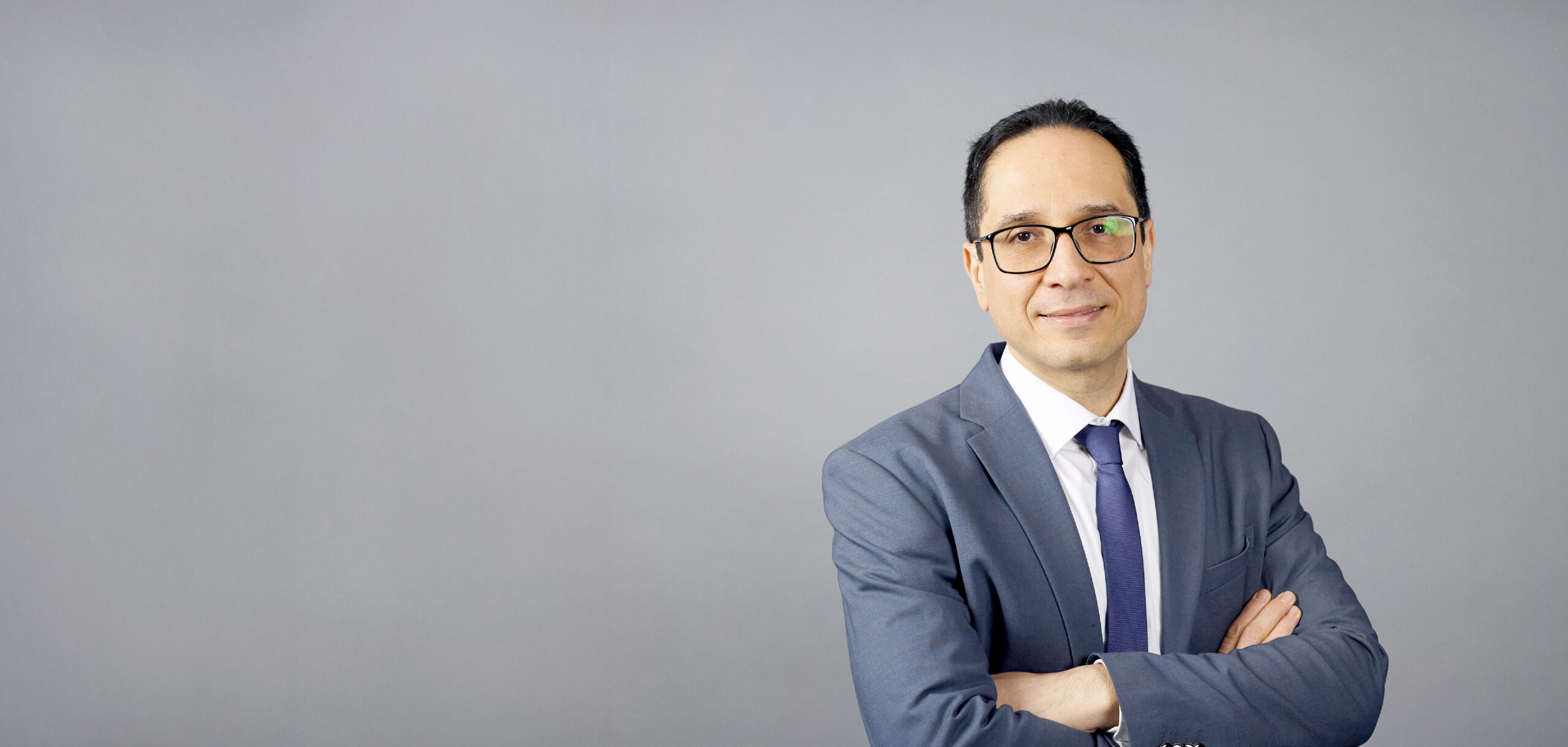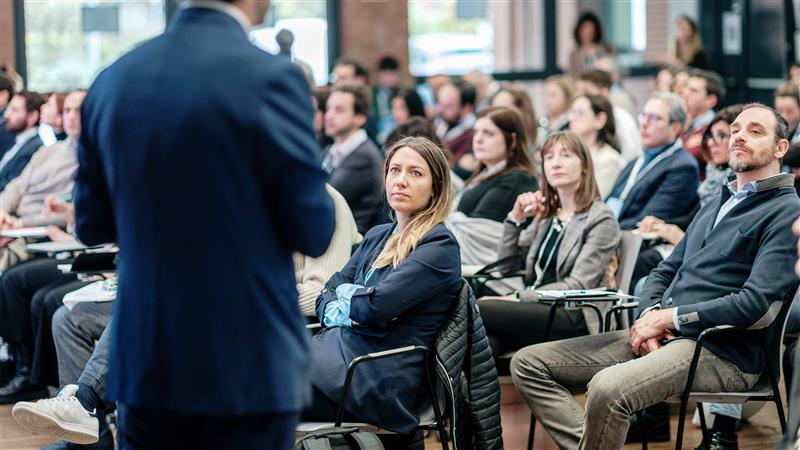
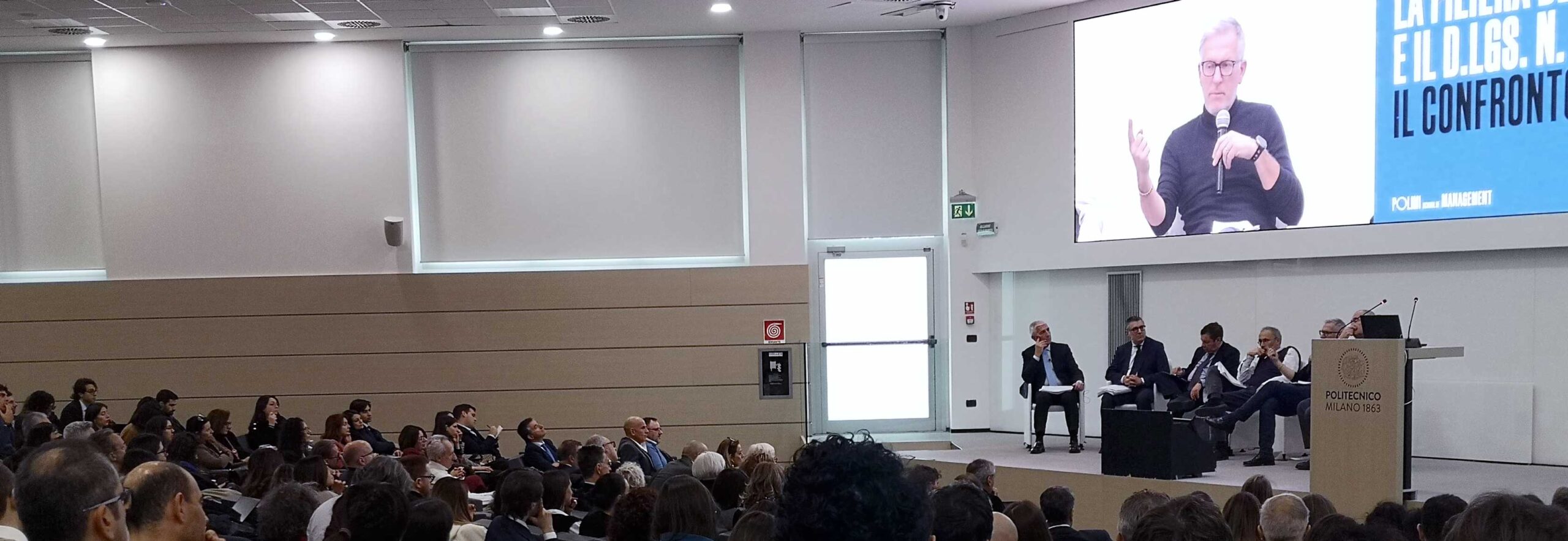
Ranking | 22 Oct
16 Faculty Members from POLIMI School of Management among the...
A prestigious recognition celebrating the global scientific impact of our faculty in the international research...
Read
Sostenibilità | 8 Oct
The sixth edition of the Save the Duck Graduation Award
A €5,000 prize for the best master’s thesis focused on innovation and sustainability in the...
Read
